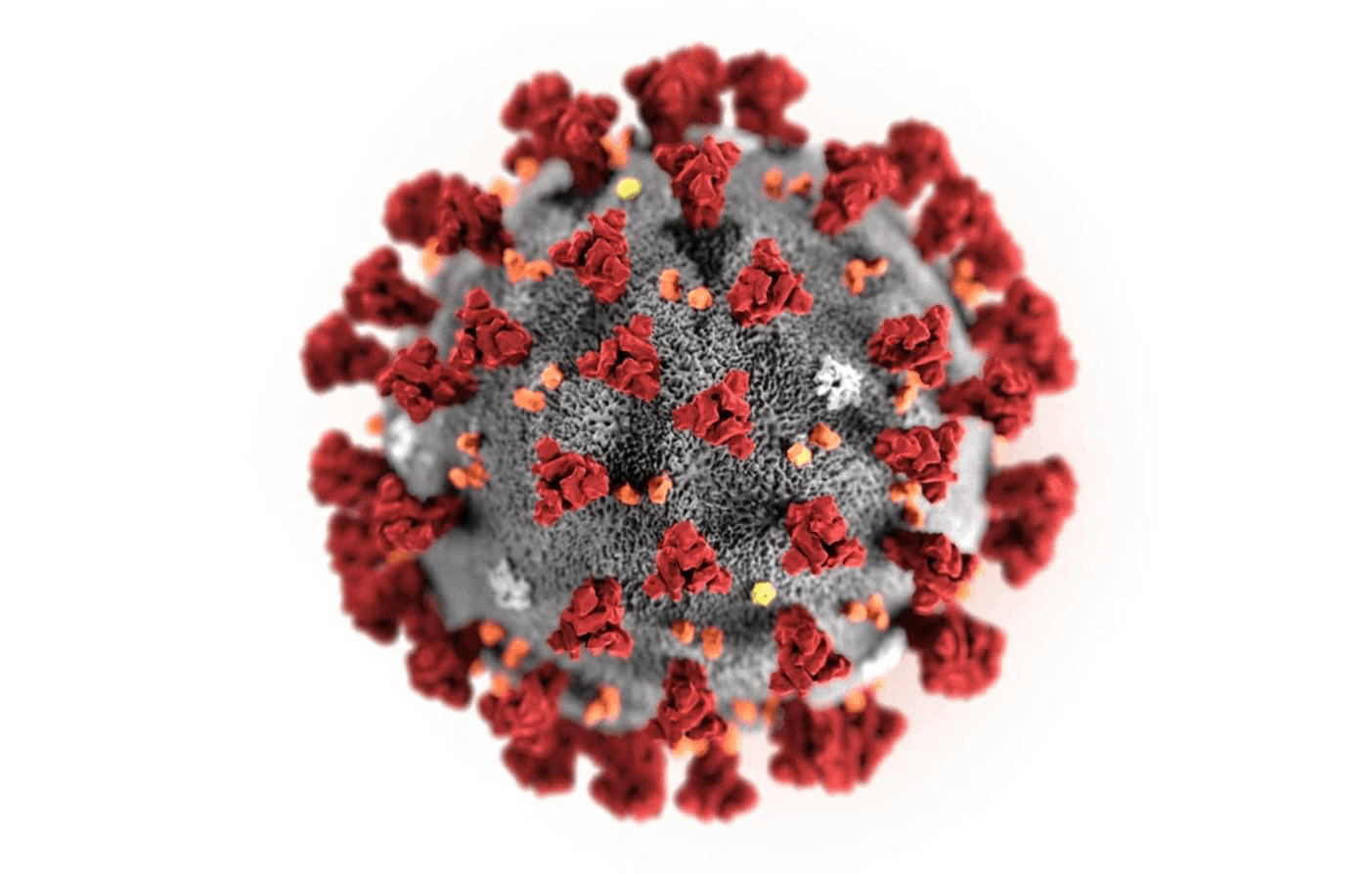- In-Stock Tumor Cell Lines
- Human Orbital Fibroblasts
- Human Microglia
- Human Pulmonary Alveolar Epithelial Cells
- Human Colonic Fibroblasts
- Human Type II Alveolar Epithelial Cells
- Human Valvular Interstitial Cells
- Human Thyroid Epithelial Cells
- C57BL/6 Mouse Dermal Fibroblasts
- Human Alveolar Macrophages
- Human Dermal Fibroblasts, Adult
- Human Lung Fibroblasts, Adult
- Human Retinal Muller Cells
- Human Articular Chondrocytes
- Human Retinal Pigment Epithelial Cells
- Human Pancreatic Islets of Langerhans Cells
- Human Kidney Podocyte Cells
- Human Renal Proximal Tubule Cells
2019-nCoV (also called severe acute respiratory syndrome coronavirus 2, or SARS-CoV-2) is a strain of coronavirus that causes the infectious disease known as COVID-19. AcceGen is committed to supporting COVID-19 research by providing biotech organizations with pulmonary alveolar epithelial cells (PAEpiC and HPAEpiC-II), bronchial epithelial cells, and other diagnostic and therapeutic tools.

At the present time, 2019-nCoV is believed to have emerged in December 2019 in Wuhan, Hubei Province, China, and, like approximately 60% of infectious diseases, is assumed (generally) to be of zoonotic origin. The first confirmed cases of COVID-19 transpired in Finland, India, and the Philippines, all in persons who had recently traveled to Wuhan.
This novel coronavirus, which is believed to spread person to person chiefly by secretions from the nose and mouth, usually produces fever and cough, and often fatigue and shortness of breath, in infected individuals. COVID-19 is responsible for more than 820,000 deaths worldwide as of August 2020.
One recent study demonstrated that the 2019-nCov virus has 88% homology with SARS-like coronaviruses bat-SL-CoVZC45 and bat-SL-CoVZXC21 as well as 79% homology with SARS-CoV. 2019-nCoV also shares a very similar receptor-binding domain structure with SARS-CoV.
Researchers have identified several cell lines that are susceptible to infection by 2019-nCoV. These include the following cell lines available from AcceGen:
Huh-7 (ABC-TC0437) – Derived from a 57-year-old Japanese male with hepatocellular carcinoma, Huh-7 has been shown to display “modest viral replication” when infected with SARS-CoV-2.
293T (ABC-TC441S) – Derived from the HEK 293 cell line that was generated in 1973, 293T has also shown “modest virus replication” when infected with SARS-CoV-2.
Caco-2 (ABC-TC0102) – A 2008 study found that Caco-2 cells replicated the hCoV-NL63 coronavirus “100 fold more efficiently” than LLC-MK2 cells. Caco-2 cells have also been shown to respond favorably to TMPRSS2 inhibitors, which block the entry of the 2019-nCoV virus.
Vero (ABC-TC1273) – A study published in March 2020 found that VeroE6/TMPRSS2 cells were “highly susceptible” to infection by SARS-CoV-2. TMPRSS2 helps to induce S protein binding in cells. TMPRSS2 helps to inhibitors seem to block SARS-CoV-2 infection.
The ACE2 receptor, found in epithelial cells among other places, has been proven to offer an entry point for 2019-nCoV. For that reason, ACE2 has drawn the attention of biotech professionals involved in COVID-19 research.
AcceGen supplies Human Bronchial Epithelial Cells (ABC-TC3528), Human Pulmonary Alveolar Epithelial Cells (ABC-TC3770), and Human Type II Alveolar Epithelial Cells (ABC-TC5515) as well as the cell lines mentioned above. These primary cells hold great promise for researchers. 2019-nCoV can be detected in respirator epithelial cells within 96 hours of infection, while the virus can take up to six days to appear in cultured Vero E6 and Huh-7 cell lines. Therefore, AcceGen highly recommends the use of respiratory epithelial cells for COVID-19 research purposes.
About AcceGen
Established in 2016, AcceGen is a biotechnological company that develops innovative technology for the pharmaceutical, biotech, cell biology, and specialty ingredients sectors. To that end, AcceGen offers a wide range of resources such as primary cells, stem cells, immortalized cell lines, nucleic acid kits, and more. Our company is based in Fairfield, New Jersey, US, with global shipping and distribution.

Copyright - Unless otherwise stated all contents of this website are AcceGen™ All Rights Reserved – Full details of the use of materials on this site please refer to AcceGen Editorial Policy – Guest Posts are welcome, by submitting a guest post to AcceGen you are agree to the AcceGen Guest Post Agreement – Any concerns please contact [email protected]








